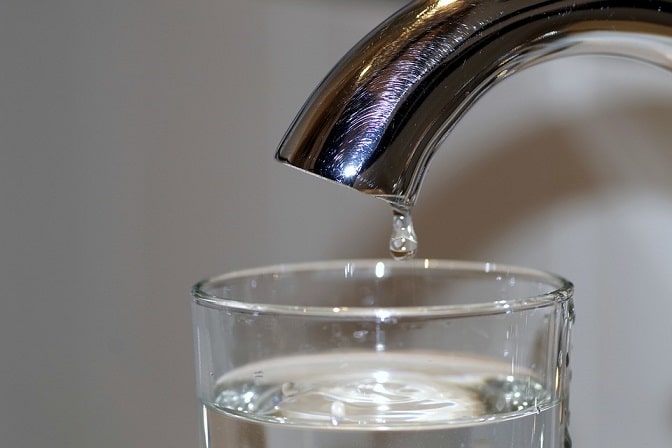Water is a valuable resource since it is essential to life, and it is also a commodity that is in danger of being depleted. To tell the truth, a human being is composed of around two-thirds water, and if we did not have any, we would perish. Consuming water on a consistent basis is required if we are to keep the fluid levels in our bodies in a state of equilibrium and keep our bodies healthy enough to continue operating at peak performance.
Why, therefore, do we not place nearly as much importance on this priceless resource that we own and dispose of it in such a careless manner? At least, that’s the case for those of us who live in first-world countries. People that live in third world nations typically face severe water shortages or water scarcity, and as a result, they are typically more conscious of the worth of water and tend to use it in a more frugal manner.
Maintain a Water Conscious Attitude and Help Save Water
The amount of water that can be found on Earth is limited but can be recycled; nevertheless, the world’s population is growing at an alarming rate, more water is being used for manufacturing and energy reasons, and the climate is shifting, so there is less water accessible each year. This results in less water being available for drinking, as well as less water being available for agriculture, personal cleanliness, recreation, and the preparation of food, among other uses.
Therefore, if we care about the earth, our neighbours, and ourselves, we need to save water to the greatest extent feasible, and doing so is not actually difficult at all:
1. Your Personal Water Use: Utilize the Water Footprint Calculator provided by the National Geographic Society to determine how much water you personally use and identify areas in which you can reduce your water consumption;
2. Your Use of Energy: Because the generation of electricity requires a significant amount of water, this section will tell you how much energy you use and how to reduce that amount;
3. Buy Local: Purchasing food that is grown locally and organically is beneficial for a number of reasons. For one, the farmers in the area typically implement water conservation and protection measures on their farms. Purchasing food locally also results in less water being used for transportation.
4. Gardening: If you want to save water in your garden, you should cut down on the size of your lawn, grow a water-efficient garden that requires less water, recycle grey water from things like dishwashing, and collect rainwater;
5. Water conservation for personal and domestic use: Take shorter showers, turn off the water while brushing your teeth, check faucets and pipelines for leaks, and fix any that you detect right away;
6. A watershed: is “a territory or area circumscribed peripherally by a divide and draining ultimately to a particular watercourse or body of water,” according to the Watershed Definition and Information System. [Original research: “Watershed.” Merriam-Webster.com. Merriam-Webster, n.d. Web. 25 Dec. 2014.] It is essential that your watershed does not get contaminated, therefore make sure to maintain it clean and organise a community-based watershed organisation to keep an eye on pollution levels.
7. Groundwater: Make certain that the groundwater in your area is not being exploited in any way, whether it be by over-extraction, pollution, or other practises such as fracking.
Water is essential to life, so it is important to protect it and save it whenever and wherever you can. This will ensure that future generations will not run out of potable water or the water needed to create food.
Water coolers for use in the workplace are available to London-based businesses through Living-Water. Invest in both bottle water coolers and water coolers that are fed directly from the mains for the office. You may hire water dispensers and buy water coolers in the city of London.






